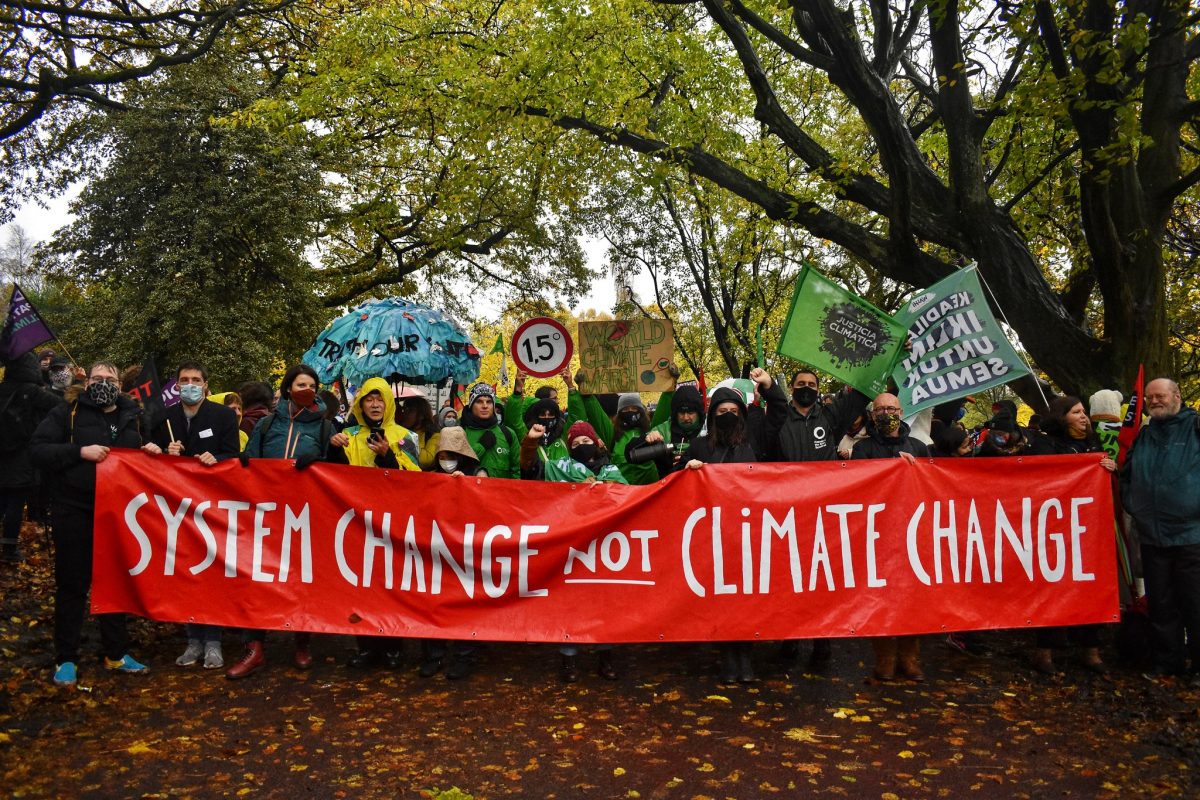
Setting the stage for the greatest escape ever
How rich countries are evading responsibility for the climate crisis
World leaders meet in Paris in only six weeks time to agree a global deal to curb climate emissions. Yet, as the final negotiating session ahead of the Paris talks opened today in Bonn, the stage was being set for what will be the greatest escape ever, if rich countries manage to pull it off.

This morning’s opening session saw allegations of foul play on the part of the US Co-chair, and a clear division in the room over how to move forward between rich and poor countries. The South African chair of the G77 and China negotiating block compared the process on offer to apartheid, with developing countries being asked to justify the elements they want to see on the table and developed countries judging whether their submissions are worthy of inclusion. It was like being asked to justify why we should be allowed to vote, she said.
Behind the fight over process is the reality that for some years now, the countries most responsible for causing the climate crisis have been doing their damndest to ensure that they won’t be required to do their fair share to respond to it under any legal binding climate treaty. And if the deal eventually signed in Paris looks anything like the negotiating text here in Bonn, they will have succeeded.
Figures published today from a civil society review of countries pledges to cut climate emissions clearly demonstrate this truth. Using an approach that combines historical responsibility for global carbon emissions – the bulk of which, of course falls to the rich, industrialised west – and capacity to act, the review shows that major polluters including the EU, USA and Russia have woefully failed to pledge their fair share of emissions cuts.
However, India, Kenya and the Marshall Islands are among developing countries whose contributions represents their fair share, while China – often blamed for blocking progress on climate – has committed to action over and above its fair share.
As they stand, combined pledges put us on track for 3oC warming, which we know means devastating impacts for billions of the worlds poorest people, and not exactly an easy ride for the rest of us either. Its almost impossible to conceive that the leaders of the rich world – in many cases, our elected leaders – could prioritise global economic dominance over the common cause of ensuring humanity can continue to exist on the planet we call home, but that’s what appears to have been playing out in this forum in recent years.
So what hope for Paris? Inside the negotiations, clearly not much. Outside however, the clamour for the transformation that is necessary to avert the worst impacts of climate change is growing steadily. People’s movements are already leading the way in opposition to fracking, new fossil fuels, land grabbing and deforestation. Communities are benefiting from the renewable energy revolution and the transformation to agro-ecology and sustainable, organic, food production is well underway.
These groups and others will gather in Paris as the talks draw to a close to symbolise a new beginning for the climate movement – a movement that recognises the solutions and knows that “we are the ones we’ve been waiting for”.
***************
Come to Paris on 11-12 December with Friends of the Earth Scotland for a weekend of action! Find out more and register: http://www.foe-scotland.org.uk/come-to-paris-2015.
Closer to home, join in Scotland’s Climate March on 28 November, in Edinburgh. Find out more: http://www.stopclimatechaos.org/scottish-climate-march
